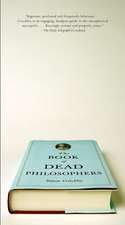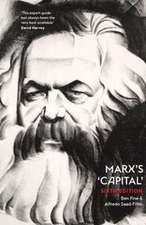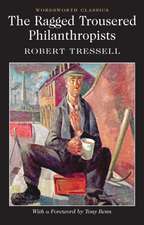Religion and the Rise of Capitalism: World History
Autor R. H. Tawneyen Limba Engleză Paperback – 16 aug 2015
"Religion and the Rise of Capitalism" is more pertinent now than ever, as today the dividing line between the spheres of religion and secular business is shifting, blending ethical considerations with the motivations of the marketplace.
By examining the period that saw the transition from medieval to modern theories of social organization, Tawney clarifies the most pressing problems of the end of the century. In tough, muscular, richly varied prose, he tells an absorbing and meaningful story. And in his new introduction, which may well be a classic in its own right, Adam Seligman details Tawney s background and the current status of academic thought on these issues, and he provides a comparative analysis of Tawney with Max Weber that will at once delight and inform readers."
Preț: 236.07 lei
Nou
45.17€ • 47.17$ • 37.30£
Carte disponibilă
Livrare economică 25 martie-08 aprilie
Livrare express 11-15 martie pentru 96.37 lei
Specificații
ISBN-10: 1781681104
Pagini: 336
Dimensiuni: 140 x 208 x 23 mm
Greutate: 0.42 kg
Ediția:Revised
Editura: VERSO
Seria World History
Descriere
In one of the true classics of twentieth-century political economy, R. H. Tawney addresses the question of how religion has affected social and economic practices. He tracks the influence of religious thought on capitalist economy and ideology since the Middle Ages, shedding light on the question of why Christianity continues to exert a unique role in the marketplace. In so doing, the book offers an incisive analysis of the morals and mores of contemporary Western culture.
"Religion and the Rise of Capitalism" is more pertinent now than ever, as today the dividing line between the spheres of religion and secular business is shifting, blending ethical considerations with the motivations of the marketplace.
By examining the period that saw the transition from medieval to modern theories of social organization, Tawney clarifies the most pressing problems of the end of the century. In tough, muscular, richly varied prose, he tells an absorbing and meaningful story. And in his new introduction, which may well be a classic in its own right, Adam Seligman details Tawney s background and the current status of academic thought on these issues, and he provides a comparative analysis of Tawney with Max Weber that will at once delight and inform readers."







































